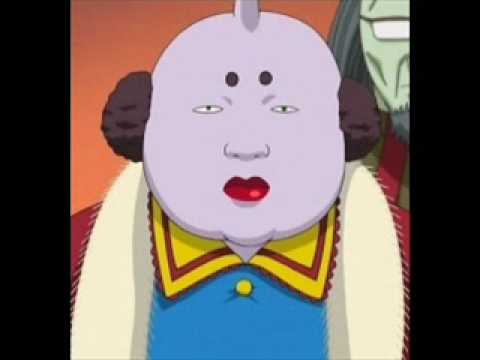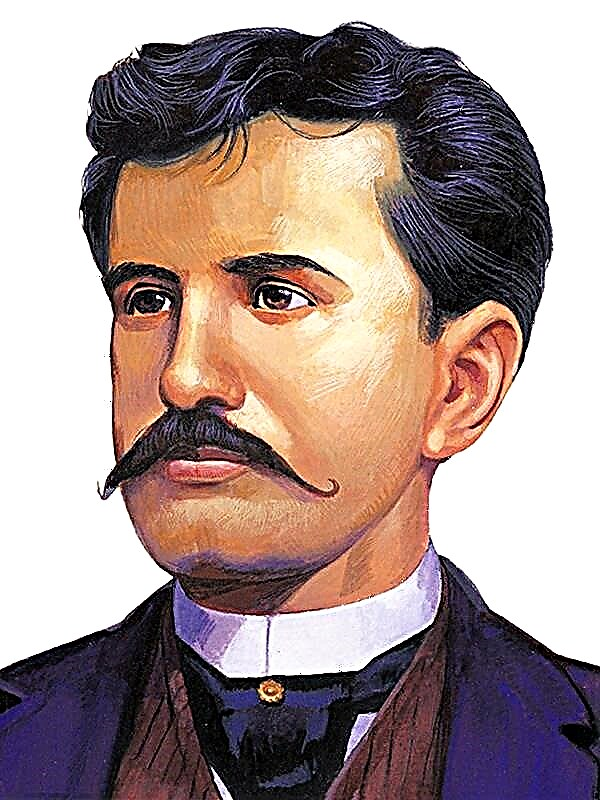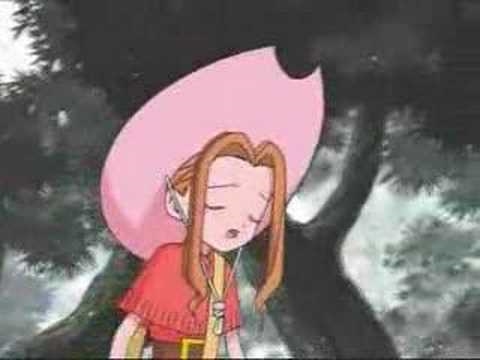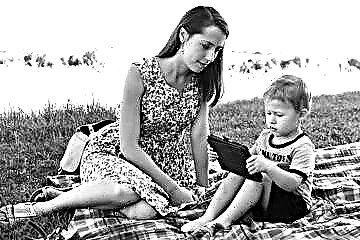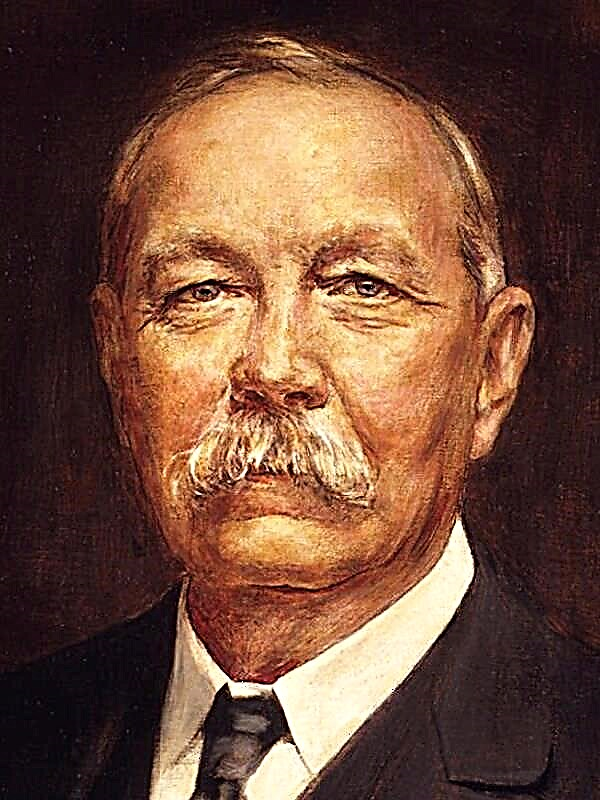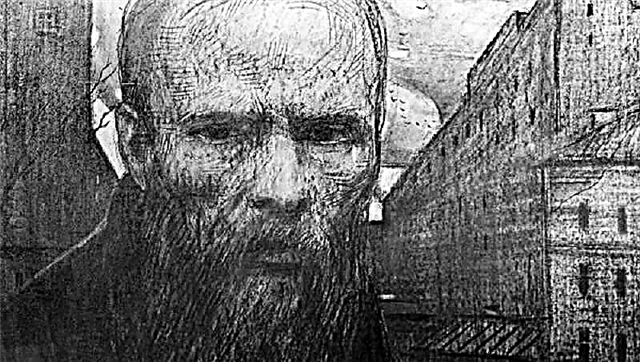Ivan Alekseevich Bunin was born into a family of nobles, though noble, but impoverished. Bunin will remember the pictures from his rural childhood throughout his life and more than once describe in his works.
For a writer, the theme of childhood has a special sacred meaning. This time is full of mysteries for him and a mysterious uncertain future. Bunin considers the child the most valuable and cleanest that is in the world. Of course, not without reason, Bunin reads that childhood is a time when the foundations of the personality itself are laid, all the actions of an adult are of help from the earliest years. In the poems and stories of the author there are many references to the earliest years of life. Often, Ivan Alekseevich shares his most personal memories, such as the image of his mother, father, first love, first loss. For example, in the poem “Summer Night” we see images of a star and a mother woven together, which speaks of an elevated feelings for parents, which are only in childhood memories.
In the work of the author, very often you can find works starting with childhood memories. Take the same stories “At the source of days”, “Mirror”. And of course, like many other writers, Bunin does not ignore the theme of fathers and children. The writer always believed that the child is the most vulnerable and fragile in the world, and he is always vulnerable and dependent on his parents and adults in general.
The writer describes his own relations with parents as warm and friendly, albeit with some problems. Of course, for Bunin, childhood is, first of all, a naive and joyful time, and after this time of uncertainty and various difficulties. One has only to open the works "Beauty", "Elephant", "Night Talk" to understand this.
The images of children, although they are not paramount in the work of the author, undoubtedly play a crucial role. How subtly he works on the characters of children in the storybook Dark Alleys. Children's images help Bunin to work out many philosophical and moral issues in his works. He tells us about different children, and about different parents. Some of them suffer from adult violence, such as Olya in “Easy Breath,” who was seduced by a friend of her father; we find others abandoned by our own parents, unnecessary, such as the hero of the story “Snowdrop,” who lived away from his family and was glad to go with his father even to a tavern.
Holy for Bunin is also children's joy. Some heroes of the author’s works understand this and sometimes perform completely unthinkable feats for the sake of a child’s smile alone. For example, in the story “Lapti,” the main character Nefed goes in a snowstorm for red bast shoes to please a dying boy. He himself dies for this, but on the other hand shows the way and saves other travelers who rush to their families.
Perhaps the most striking work, which describes the author’s worldview regarding childhood, can be found in the novel “Arsenyev’s Life”. The protagonist of this novel often recalls his childhood, his thoughts continually return there. Childhood causes him different feelings, sometimes sadness, sometimes even boredom. However, it was his childhood that gave him the foundation and help for his interests in books, religion, nature. The hero is very careful about nature, sincerely admires its beauty and strength. Bunin through his story, as it were, tells us that it is children who are the most capable of understanding the world around us, since they are the least separated from it. In addition, the children are unusually sincere, so it is so important to listen to the children and protect them. The hero of the novel “Arsenyev’s Life” carries his “inner child” through his whole life, he helps him build an adult life. His child looks at life in a special way, at the people around him, has his own world, which is different from the rest of the world. And the adult Arseniev manages to preserve this world and carry it through himself over many years, which helps him not to despair and not be discouraged even in the most difficult moments.
As we have already mentioned, Bunin is not the writer who places childhood at the forefront in his works. However, childhood played a very significant role both in the fate of the writer himself and in all his works. We see both bright and joyful images that are filled with optimistic hopes for the future, and sad ones that remain in their world to quietly burn out with the dim lights of sadness and sorrow. Thanks to many of these memories, we can plunge into the world of our own childhood experiences. This helps readers to feel the work deeper, makes it possible to catch even the finest thread of mood broadcast by the author.

